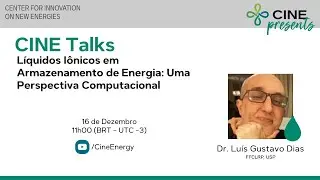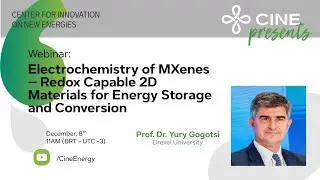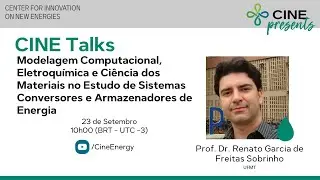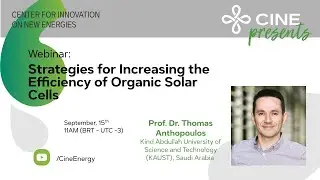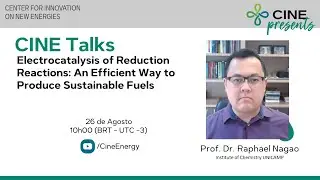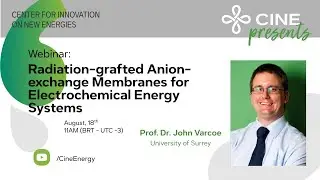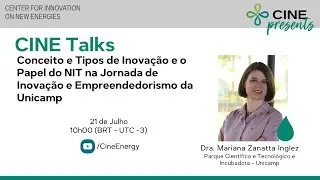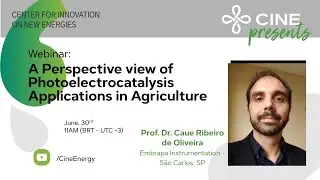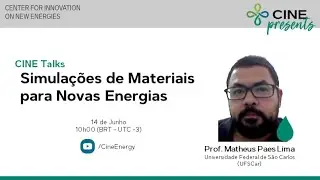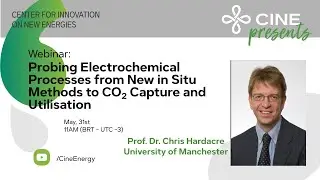CINE Webinar: "Strategies for Increasing the Efficiency of Organic Solar Cells"
Bio:
Thomas D. Anthopoulos is a Professor of Material Science and Engineering at King Abdullah University of Science and Technology (KAUST) in Saudi Arabia. He received his B.Eng. and D.Phil. degrees from Staffordshire University in the UK. He then spent two years at the University of St. Andrews (UK) where he worked on organic light-emitting diodes before joining Philips Research Laboratories in The Netherlands to focus on printable microelectronics. From 2006 to 2017 he held faculty positions at Imperial College London (UK), first as an EPSRC Advanced Fellow and later as a Reader and full Professor of Experimental Physics. His research interests are diverse and cover the development and application of novel processing paradigms and the physics, chemistry & application of functional materials.
Abstract:
Organic photovoltaics (OPVs) represent a promising emerging technology for clean and renewable energy generation. Recent developments in the field of small molecule acceptors combined with an improved understanding of the device operation have helped boost the power conversion efficiency (PCE) of organic solar cells to over 18%. However, further improvement in materials, processing and microstructural engineering of the photoactive layer, charge transport interlayers and cell architecture, would be required in order to attain the maximum theoretically predicted level of performance. In this talk, I will discuss key recent developments in the field of OPVs with a focus on practical strategies for boosting the overall cell performance. Particular emphasis will be placed on the use of electronic dopants and advanced interlayer technologies for improving the cell’s efficiency and operational stability. Finally, the design and implementation of multi-junction cell architectures and their various advantages, but also limitations, will be discussed.








